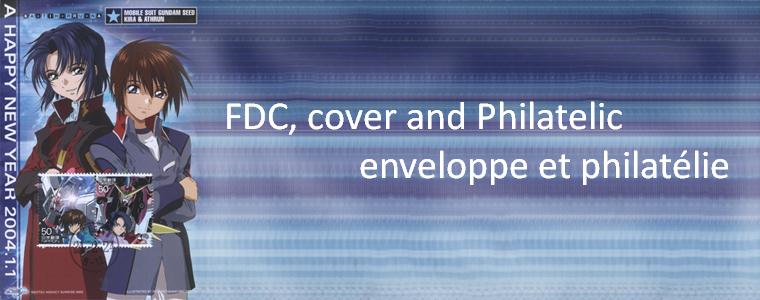Anime: Fullmetal Alchemist
Fullmetal Alchemist (鋼の錬金術師, Hagane no Renkinjutsushi, literally "Alchemist of Steel"), is a Japanese manga series written and illustrated by Hiromu Arakawa. The world of Fullmetal Alchemist is styled after the European Industrial Revolution. Set in a fictional universe in which alchemy is one of the most advanced scientific techniques known to man, the story follows the brothers Edward and Alphonse Elric, who want to restore their bodies after a disastrous failed attempt to bring their mother back to life through alchemy.
The manga was serialized in Square Enix's Monthly Shōnen Gangan magazine (starting August 2001 and ending June 2010) and currently has 25 tankōbon volumes. It was adapted into an animated television series of 51 episodes by Bones from October 4, 2003 to October 2, 2004, later followed by a film sequel that concluded the story of the anime. Fullmetal Alchemist would later spawn a second series called Fullmetal Alchemist: Brotherhood, which first premiered in Japan on April 5, 2009. A multitude of spin-off novels, original video animations (OVAs), drama CDs, soundtracks, and video games have been adapted from the series. A collectible card game, multiple supplementary books, and a variety of action figures and other merchandise based on the characters of the series have also been released.
The manga has been licensed by Viz Media for publication in the United States, with twenty-two bound volumes released currently. Although there are no major differences with the Japanese version, some pages have been edited to avoid minor references to western theology. Funimation Entertainment has dubbed the anime episodes in the United States and Canada, and has also released them in all English-speaking DVD regions. The English version of the film premiered in a limited number of U.S. theaters on August 25, 2006 and was later released on DVD. Funimation and Destineer have also been releasing the video games from the series.
In Japan, the Fullmetal Alchemist manga has enjoyed exceptional sales of 40 million volumes sold as of 2009. The English release of the manga's first volume was the top-selling graphic novel during the year 2005. In two TV Asahi web polls, the anime was voted #1 most popular anime of all time in Japan. It was nominated in six of the eight categories for which it was eligible at the American Anime Awards in February 2007, winning awards in five of them. Reviewers from several media generally had positive comments on the series.
Fullmetal Alchemist (鋼の錬金術師, Hagane no renkinjutsushi?, litt. « l'alchimiste d'acier », abrégé en hagaren), est un manga d'Hiromu Arakawa adapté en série d'animation et diffusé au Japon entre 2003 et 2004, un film sorti en 2005, des OAV sortis en 2006 ainsi que plusieurs jeux vidéo.
Depuis le 5 avril 2009, est diffusée une nouvelle adaptation intitulée Fullmetal Alchemist: Brotherhood et reprenant la trame du manga de manière plus fidèle.
Le manga est publié au Japon tous les mois dans le magazine Shōnen Gangan chapitre par chapitre ensuite réunis (généralement par 4) dans des volumes reliés et cela depuis 2001. La série, désormais achevée, est composée de 108 chapitres. Le dernier, clôturant le manga, est paru le 10 juin 2010.
En France, la série est arrivée fin 2005 et seuls les volumes reliés sont publiés par Kurokawa. Actuellement, il est sorti 23 volumes (au 8 avril 2010) et le tome 24 est prévu pour septembre 2010. Au Japon, le tome 25 est sorti le 22 avril 2010 et la date de sortie du dernier volume n'est pas encore connue.


























.jpg)



















